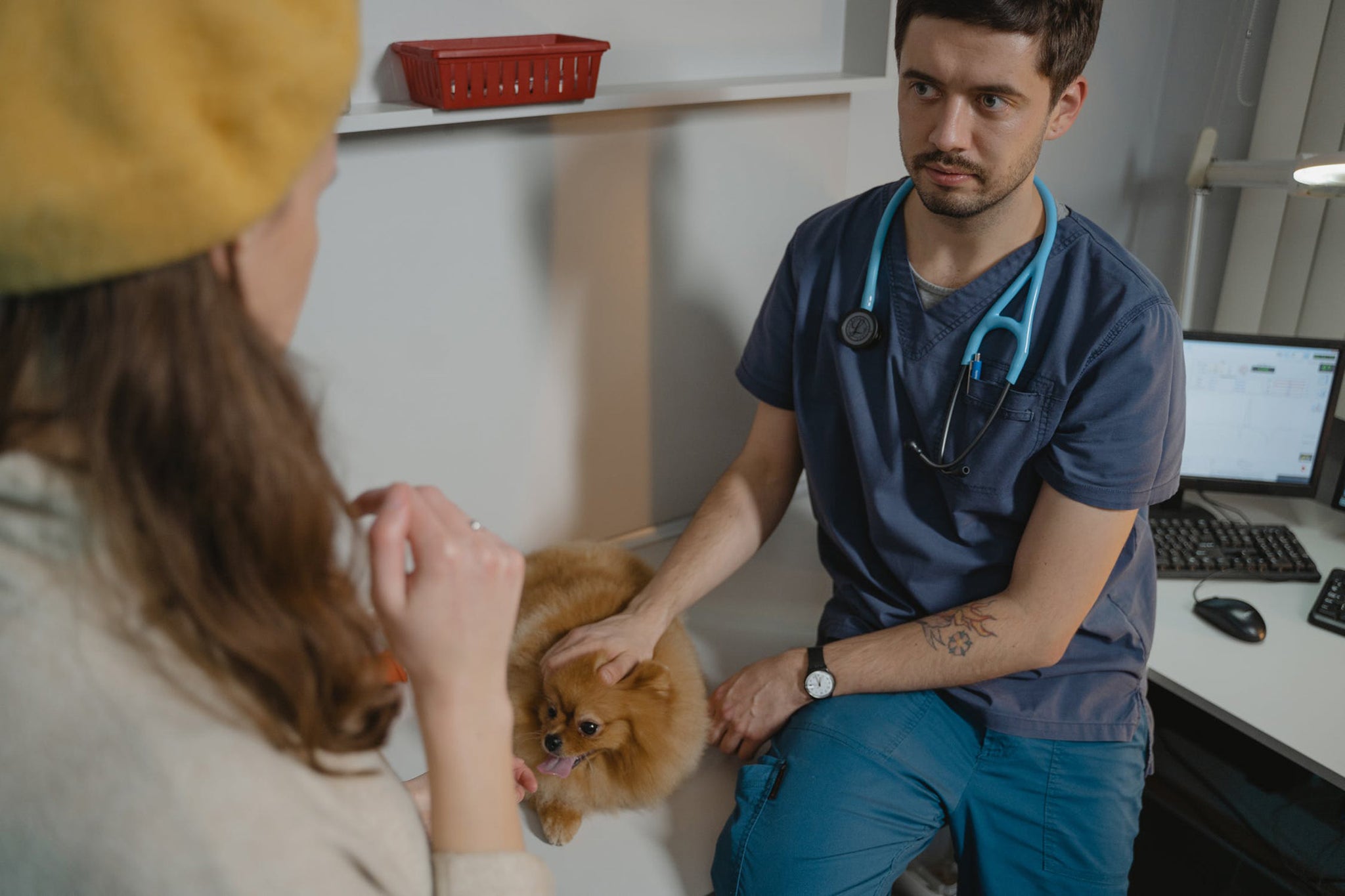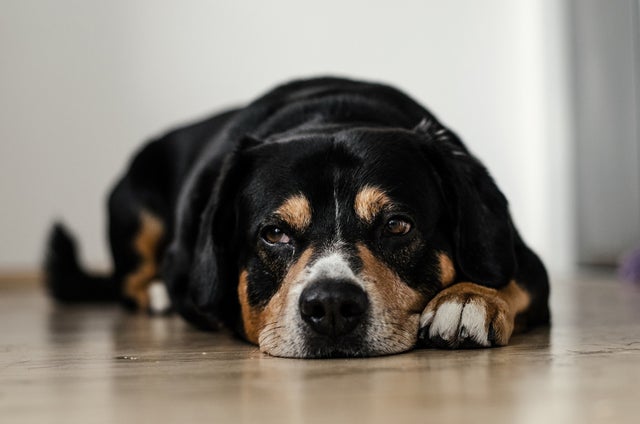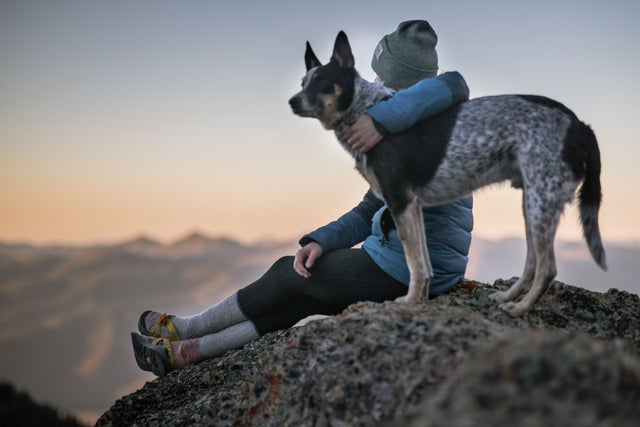Your dog is unique and their cancer treatment plan will be too. A cancer diagnosis can be overwhelming for both of you. Consider asking your oncologist these questions for guidance.
What kind of cancer does my dog have?
There are many different forms and stages of cancer. It is important for you to understand what is happening in your dog’s body so you can advocate for the best care.
Does my dog need additional testing?
After a cancer diagnosis, your oncologist may want to conduct further screenings to specify the form, stage, and location of your dog’s cancer. Other tests might monitor organ function and medication side effects.
What are my treatment options?
There are a multitude of treatment options available for dog cancer. Each treatment type works to fight cancer in a different way, resulting in various side effects. There is no formula to determine which treatment option will be best for your dog. Together you and your dog’s oncologist can discuss which option may be best for you and your dog, depending on their stage of life and the form of cancer.
What are the risks and benefits of each treatment?
Making an informed decision about treatment means weighing the pros and cons of your options. Learn what you can about the effectiveness of the different treatments. Ask as many questions as you want to about the impact treatments will have on your dog’s quality of life.
Financially, what are the costs of treatments?
The financial costs of cancer treatment may play a role in your decision. Talk with your veterinarian about plans that will work best for your family.
What is my dog’s life expectancy with treatment or without?
Your dog’s life expectancy with cancer may be the elephant in the room. Asking your oncologist for a realistic time frame will not give you an exact answer, but it may help you put into perspective which treatment option you would like to choose.
What side effects should I expect from treatment? Which ones should I come to you about?
Side effects are common, but your dog may react to treatments in surprising ways and require additional care. Maintaining communication with your oncologist will help you know what to expect and help them understand how the treatment is impacting your dog.
Do you recommend I change my dog’s diet or exercise routine?
Depending on which treatment you choose, your dog may experience changes in their appetite and behavior. Your veterinarian or oncologist may recommend changes to your dog’s diet and exercise to keep them comfortable.
What is the next step?
Your dog’s cancer treatment decision and process can be complex. Establish a plan with your veterinarian or oncologist about moving forward.
Your oncologist is there to help you and your dog through this difficult time. These discussions will help you better understand each step of the process and choose a plan that is best for your family.




